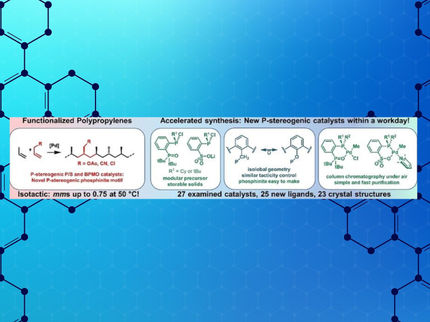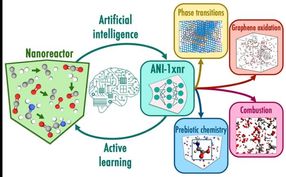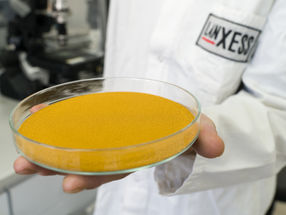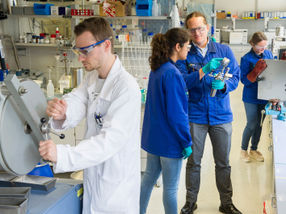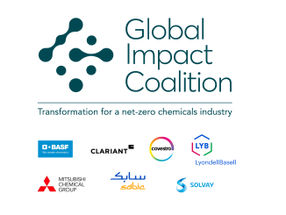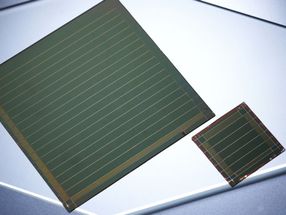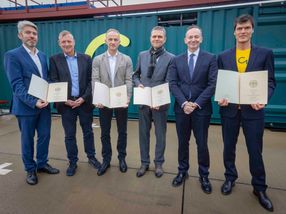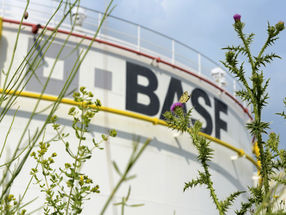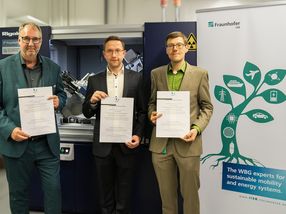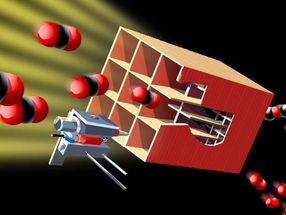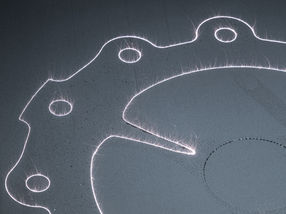Dow Introduces New, Advanced Catalyst for Polypropylene
SHAC(TM) 330 Polypropylene Catalyst Offers Improved PP Product Performance, Cost Savings
New York - March 20, 2002 - The Dow Chemical Company today announced the introduction of a new, advanced Ziegler-Natta catalyst, specifically engineered for the production of Dow's leading IMPPAX(TM) impact copolymer grades of polypropylene. The new product, named SHAC(TM) 330 Polypropylene Catalyst, builds upon the highly successful morphology-controlled platform employed in SHAC 310 and 320 Polypropylene catalysts. This latest-generation catalyst enhances plant operations and substantially reduces costs for licensees of UNIPOL PP process technology.
"As the first new catalyst to be commercialized since the merger between Union Carbide and Dow, the SHAC 330 Polypropylene Catalyst brings a combination of marketing and manufacturing benefits to polypropylene producers who use the UNIPOL(TM) PP Process technology. Licensees will be able to access new, higher-value markets with advanced IMPPAX impact copolymers, while seeing significant cost-savings in their operations. These product- and cost-differentiated offerings exemplify catalysts coming out of Dow's highly focused R&D programs," said Dr. Steve Stanley, business director for UNIPOL PP Licensing and Catalyst.
SHAC 330 Polypropylene Catalyst employs new, proprietary technology that has demonstrated the following benefits in commercial-scale production of medium-impact IMPPAX copolymers:
80 percent reduction in expensive external donor requirements,
greater than 25 percent increase in catalyst productivity,
15 percent increase in settled bulk density of the polymer particles in the reactor, which can be used to increase plant throughput without capital expenditure,
ability to make products with significantly higher melt flow directly in the polymerization reactor, and
even better on-stream time and product quality.
Further, due to its unique ability to economically deliver high-selectivity propylene polymerization, SHAC 330 Polypropylene Catalyst's utility in high-crystallinity homopolymer applications is also being examined.
Most read news
Other news from the department research and development

Get the chemical industry in your inbox
From now on, don't miss a thing: Our newsletter for the chemical industry, analytics, lab technology and process engineering brings you up to date every Tuesday and Thursday. The latest industry news, product highlights and innovations - compact and easy to understand in your inbox. Researched by us so you don't have to.

